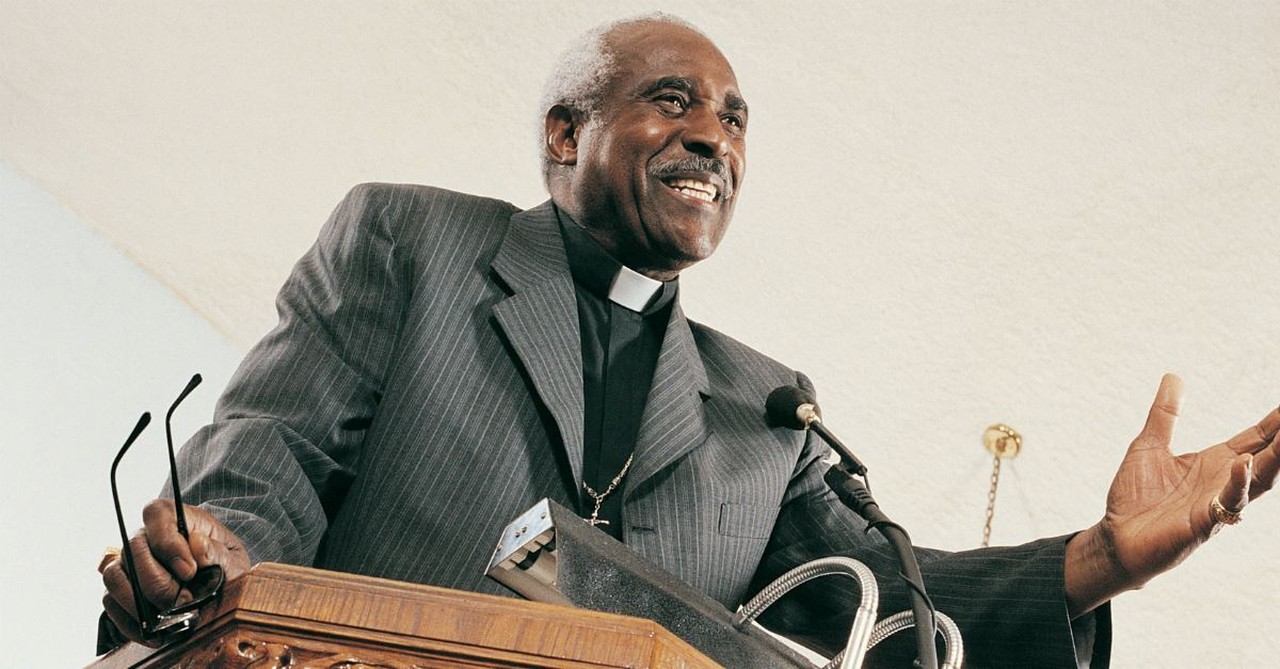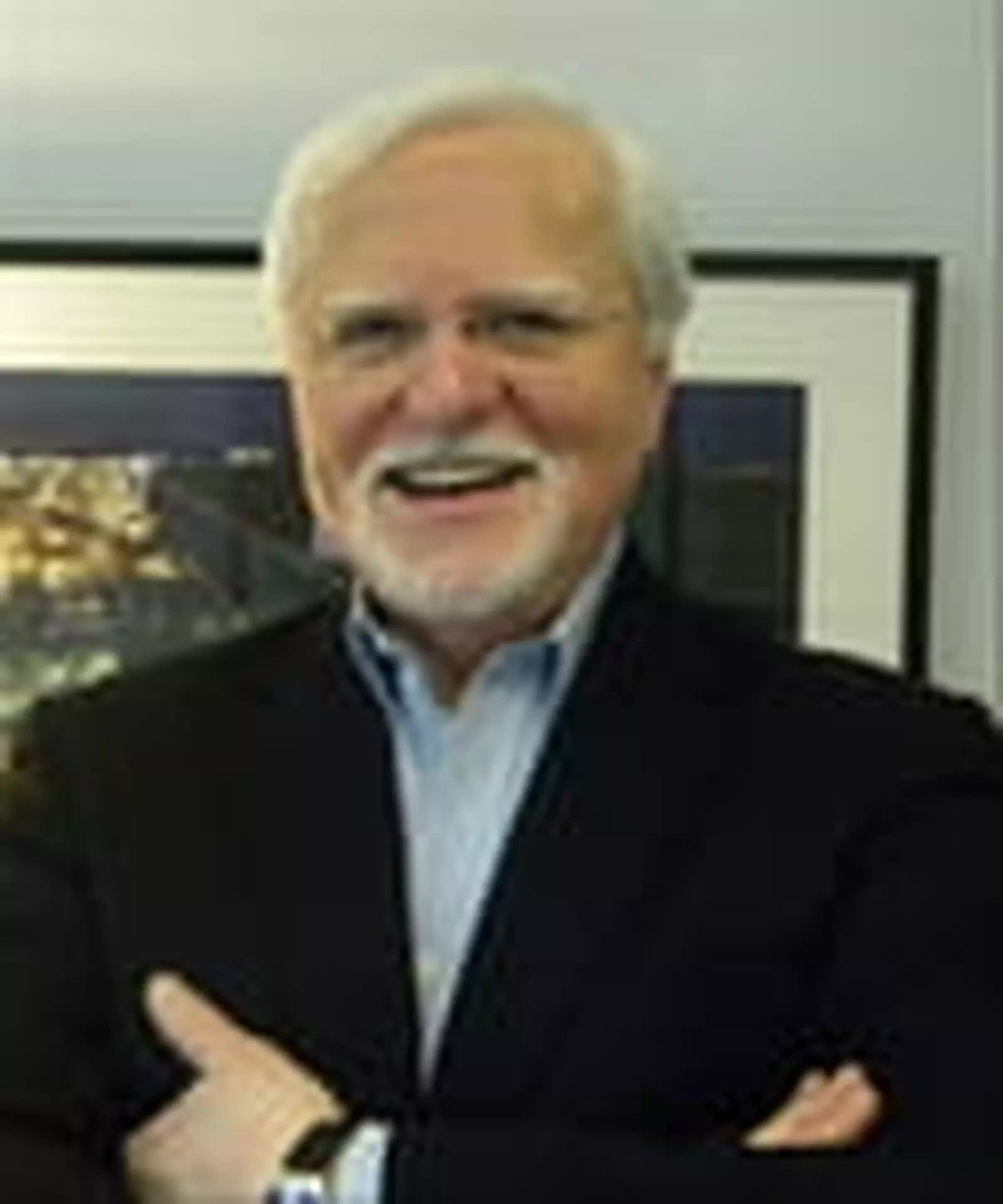5 Tips for Pastors Moving out of the Pastorate into Denominational Work

Some 15 years ago I transitioned from pastoring (for 42 years) into the office of the Director of Missions for the SBC churches of Metro New Orleans.
My experience has me wanting to share ideas with friends such as Louisiana’s Dr. Steve Horn, who left the pastorate of FBC Lafayette to become Executive of that state’s SBC churches. Or, Dr. Shawn Parker, who left FBC Columbus MS for the Executive office in Mississippi.
Or, even you, pastor—if you’re in transition. Maybe you’ve been pastoring churches all your adult life. And now the Lord–with the assistance of an executive search committee–is moving you out of the pastorate into a denominational office where your constituency will be churches and pastors instead of deacons and Sunday School teachers and the WMU.
I have been there, done that, and have the t-shirt. And maybe a scar or two.
Eighteen months into my five-year tenure with the New Orleans Baptist Association, Hurricane Katrina flooded our city, ruining vast neighborhoods and displacing hundreds of thousands of residents while destroying many of our churches. Every day was a challenge. The blessings came in waves, the frustrations never left.
I came by these grey hairs honestly.
Ideally, in your new position, you will have just enough difficulties to challenge your strengths without crushing you, and enough encouragement and prayer support to compensate for your weaknesses without making you self-satisfied or complacent.
Here are 5 tips to make the most of your transition:
Photo Credit: ©Gettyimages
1. Embrace Your Independence

1. Embrace Your Independence
SLIDE 1 OF 5
The first thing I noticed was the absence of anyone looking over my shoulder.
Pastors have deacons, committees, and others watching what you do. They do not require long range telescopes or snooping devices to see your every move. They know if you visited Mama in the hospital or Papa in the nursing home. They hear your sermons each week and see the effects of your leadership with the staff.
They are your target audience for sermons, promotions, and fundraising. And now, all of a sudden, they’re gone. Someone else will pastor that church and you’ll be doing other things entirely.
It takes a little getting used to. But I’m thinking you’re going to love it.
You will have an executive board by some name or other. In most cases, the members of the board are pastors with full agendas of their own, meaning they will not have the time, energy, or inclination to inspect your every move.
Photo Credit: ©GettyImages
2. Be Prepared to Set Your Own Agenda

2. Be Prepared to Set Your Own Agenda
SLIDE 2 OF 5
You will now have a new freedom and can set your own agenda. For this reason alone, no novice or inexperienced person should ever be elevated into denominational leadership. He/she will literally be in over their head from day one, and may not be able to handle it.
Remember how old Eli, high priest when Samuel was a lad, would say to his wayward sons, whom he had unwisely made priests of Israel, “Why do you do such things?” (1 Samuel 2:23)
Sometimes we all need someone to hold us accountable and ask what we did and why we did it. Your freedom-from-oversight will not be permanent, so enjoy it while it lasts. Make the most of it by doing a good job and all will be well.
Photo Credit: ©GettyImages
3. Remember: Missions Is the Work of the Churches

3. Remember: Missions Is the Work of the Churches
SLIDE 3 OF 5
This suggestion concerns the philosophy of denominational leadership: don’t thank the churches for supporting your work. I’ve heard more than one mission leader do this.
In a letter to the churches concerning the annual missions offering, the executive said, “We appreciate so much your continued support of the work we do.”
It sounds right but it’s wrong. In fact, it’s completely opposite.
Missions is the work of the churches. They cannot hire someone else to do their work for them. The Great Commission was not given to the preachers or missionaries, but to the total church.
In Acts 13, when the Holy Spirit called Barnabas and Saul as the first missionaries, He spoke to the church: “Separate to Me Barnabas and Saul for the work to which I have called them” (13:2).
God was working on both ends, calling the individuals and commissioning the church.
Each had its own role; neither was doing the other’s job.
Photo Credit: ©Gettyimages/Borgognie
4. Accept the Privilege of Helping Churches Do Their Work

4. Accept the Privilege of Helping Churches Do Their Work
SLIDE 4 OF 5
The denominational leadership–whether an executive, a consultant, a director of missions, or the office staff–exists solely to help the churches do their work in carrying the Gospel of Jesus Christ to the world.
In a sense, the unforgettable parable of Luke 17:7-10 applies to churches just as it does to individuals. Each church should say to itself from time to time, “We are unworthy servants; we’re just doing our jobs.”
Now, the denominational leadership does not say that to them. We are told to honor and appreciate all who do well. 1 Peter 2:17 reminds us to “Honor all men.” And, 1 Timothy 5:17 says, “The elders who rule well are worthy of double honor.”
But the well-doing workers, the faithful churches, and the successful denominational leaders must not:
- pat themselves on the back
- look to others to reward them
- wait for appreciation before they go forward
“You will be repaid at the resurrection of the righteous,” said our Lord in another context (Luke 14:14). It’s a great promise.
Let us appreciate the churches and ministers who serve well. But let’s not thank them for “helping us do our jobs.” Instead, we might thank them “for the privilege of helping you carry out your assignment from the Lord.”
Photo Credit: ©GettyImages
5. Pray for Each Other

5. Pray for Each Other
SLIDE 5 OF 5
Recently, one of our pastors who served on a denominational search committee said, “For the past year, each day at 10 am, we asked everyone to stop and pray for us, for our committee and the person God had chosen to be our new executive.” It’s a great practice. I am confident, without being told, that the committee felt the Lord’s presence and leadership.
What if we prayed for our pastors and executives in the same way? What’s to keep us from lifting them to the Father each day at a certain time? Many will do this if we ask them.
So, let’s ask them to pray for us. At a certain time. Wherever they are. It’s not necessary to stop what they’re doing or to retreat into a prayer closet. God hears every prayer, so just a quick mention of our pastor/leaders to the Father should work just fine.
I once heard a retiring leader say the next day after leaving, he could tell the difference because of all the prayer he was now missing.
We will take prayer any way we can get it! And it will be felt in the kingdom work God has called us all into.
Photo Credit: ©GettyImages/Cecilie/Arcurs

Originally published May 05, 2025.






